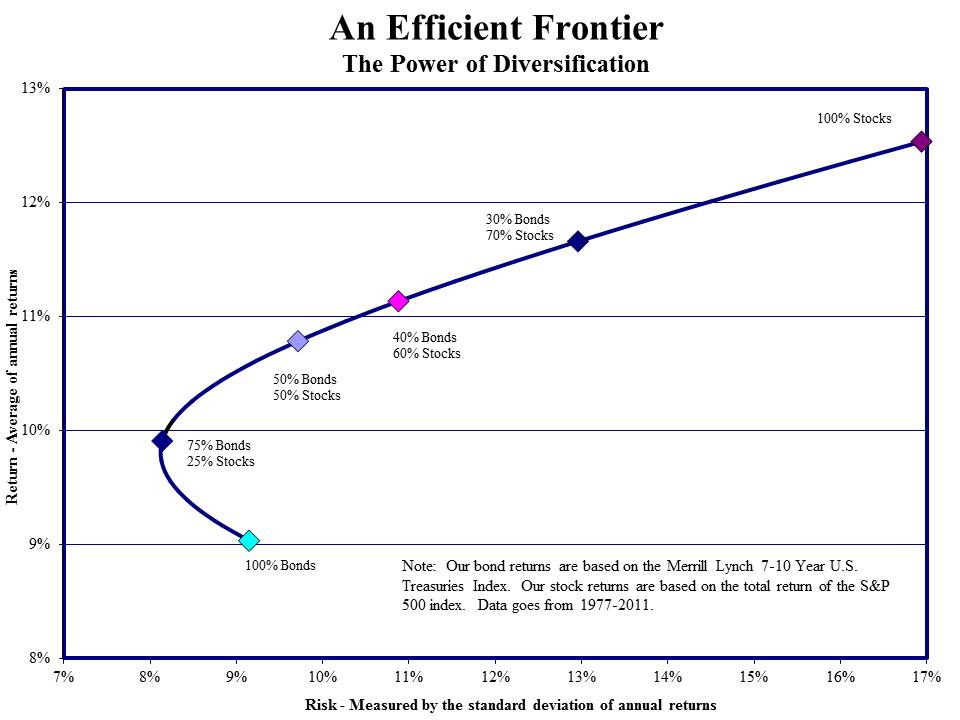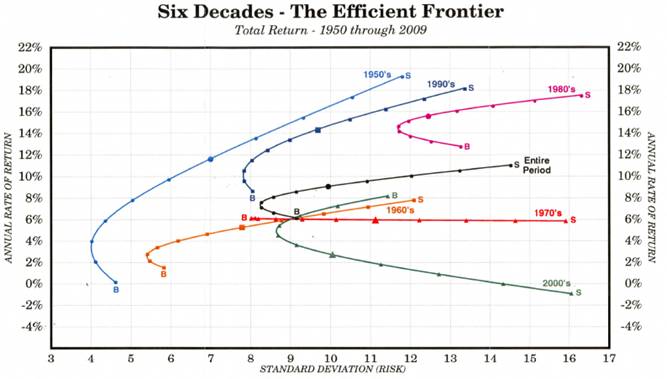W2R
Moderator Emeritus
We keep an Excel graph of where we were financially at each month's end, (house at a fixed rate, and any outstanding CG taxes not included), and have a tendency, (especially after drops), to look back and say "We have the same amount now as we had on such and such a date; we thought we were doing pretty well then, and we've lived/traveled/etc since that time".
Doesn't totally 'cheer us up' after a big drop....but it helps.
That is a great idea! I looked back after reading your post, and found I had a smaller portfolio less than two years ago. I thought I was doing pretty well then.
Another thing I have been doing lately is assuming a level of annual spending, and then computing the difference in withdrawal rates required based on the larger vs the smaller portfolio size.
The difference is not too drastic so that cheers me up a little bit too.
Also, I try to remember that it is not my investments failing me but instead, simply the fact that buying a house, selling a house, and moving, all involve various transaction costs and other costs that do not contribute to net worth. I knew this going in, and this is how I wanted to spend my excess portfolio so now that it is done I should expect to be down. I'm happy with that decision overall and just need to get used to seeing different numbers.
Last edited:



